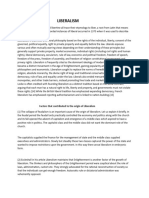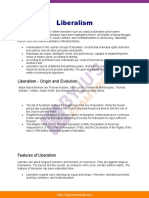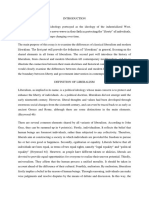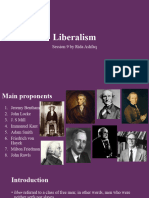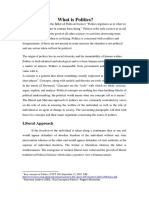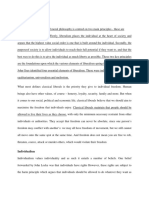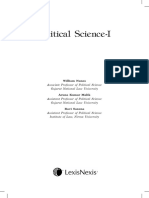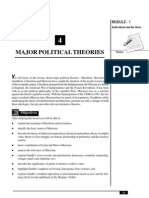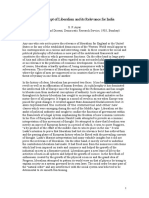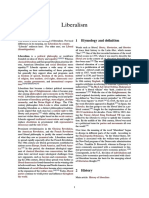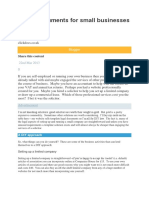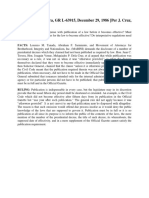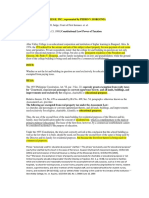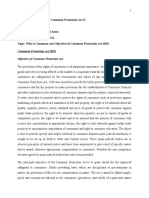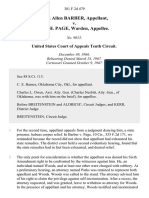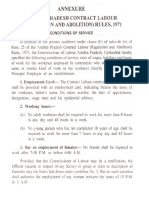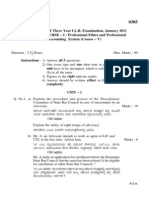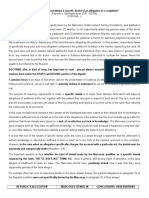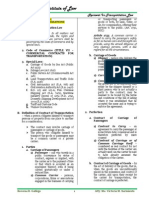0% found this document useful (0 votes)
19 views9 pagesW1L3 Script
Liberalism is a broad and evolving ideology that has significantly influenced political and social changes in Western Europe and the United States over the past three centuries. It emphasizes individualism, democracy, personal freedom, and the belief in human conscience while opposing autocracy and tradition. The ideology has faced criticism for its historical disregard and potential to lead to economic exploitation, yet it remains vital for promoting freedom and equality in modern society.
Uploaded by
girotravinayCopyright
© © All Rights Reserved
We take content rights seriously. If you suspect this is your content, claim it here.
Available Formats
Download as PDF, TXT or read online on Scribd
0% found this document useful (0 votes)
19 views9 pagesW1L3 Script
Liberalism is a broad and evolving ideology that has significantly influenced political and social changes in Western Europe and the United States over the past three centuries. It emphasizes individualism, democracy, personal freedom, and the belief in human conscience while opposing autocracy and tradition. The ideology has faced criticism for its historical disregard and potential to lead to economic exploitation, yet it remains vital for promoting freedom and equality in modern society.
Uploaded by
girotravinayCopyright
© © All Rights Reserved
We take content rights seriously. If you suspect this is your content, claim it here.
Available Formats
Download as PDF, TXT or read online on Scribd
/ 9



